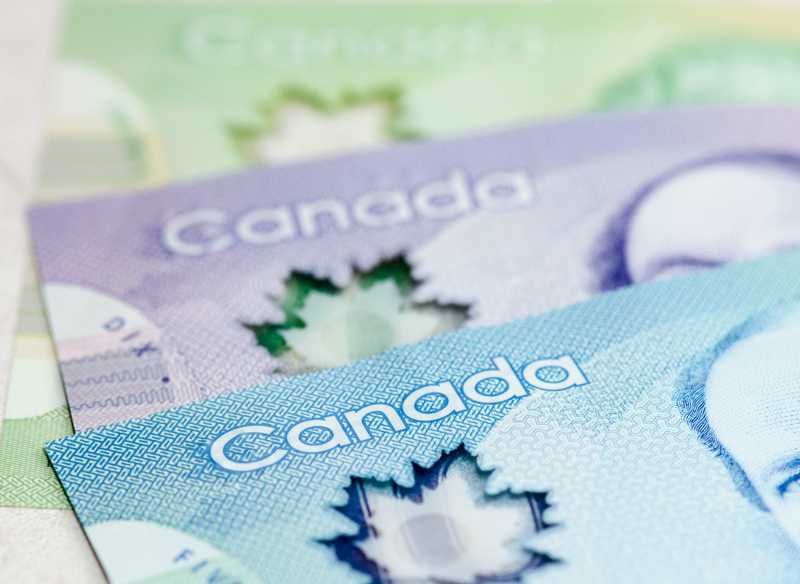The new deal between the federal and provincial governments on sharing cannabis tax revenue will benefit Canada, but it's under fire by medicinal marijuana patients and their doctors.
Finance Ministers Opposed Original Marijuana Tax Plan
The original plan to share excise tax revenue in a 50-50 split earned fierce criticism from the provinces and territories, whose finance ministers insisted they’ll be the ones incurring costs related to distribution, regulation, policing and public health.
Led by each of their finance ministers, the provinces descended on Parliament Hill in December. They managed to strike a two-year deal whereby the 13 provinces and territories get a 75% cut of the federal excise tax revenues, while Ottawa takes only 25%, capped at $100 million per year. Anything beyond that will be divvied up by the provincial governments.
How the Cannabis Tax Will Look to Consumers & LPs
The price per-gram of legal cannabis will be $10 or lower, at the discretion of the province where sold. But each gram of marijuana will have a tax of one dollar for every $10 and a 10% sales tax above that.
This is excellent news for stakeholders such as licensed producers (LPs)—the businesses registered to handle everything from growing to harvesting, trimming, drying, curing and packaging—as they’ll see more revenue from the new deal.
Recreational & Medical Marijuana to Be Taxed at the Same Rate
The most glaring problem with the tax plan, from the medical marijuana industry's standpoint, is that recreational and medicinal cannabis will now be taxed at the same rate. Patients who access medical cannabis through the federal program Access to Cannabis for Medical Purposes Regulations (ACMPR) aren’t pleased that they’ll be paying the same price for their medicine as someone using marijuana recreationally.
Advocates are calling it a disregard for the health of Canadians who rely on cannabis daily for medical reasons. Some pay several hundred dollars each month for their medical cannabis that isn't covered by the vast majority of employee benefits and health insurance plans. Army veterans and some patients with special cases can apply for compassionate pricing and it can be covered under a Health Spending Account (HSA), but that only offsets the total cost of a drug that still has no DIN, or Drug Identification Number.
The doctors prescribing cannabis for their patients acknowledge that the tax puts a financial barrier up for those who rely on cannabis for medical purposes. Many of these patients are already under financial constraints and “affordability is the number one barrier to access for medical cannabis patients,” says Jonathan Zaid, founder and executive director of Canadians for Fair Access to Medical Marijuana (CFAMM).
At a time when chronic pain patients are looking for a safer alternative to addictive pain medications, this sort of barrier puts patients at risk of succumbing to using opioid drugs solely because they’re cheaper.
Fears of a Lingering Black Market & Fake Marijuana Patients
Although many want to see medical cannabis treated like all other prescription medications, making it exempt from taxation, the federal government says it has a good reason for this tax—to snuff out the black market.
Bill Blair, the federal government’s lead on the legal cannabis program, stated that the two types of cannabis would be taxed at the same level to ensure that recreational users don’t seek medicinal marijuana solely because it’s less expensive.
But what this view doesn't take into consideration is how unlikely it is that a recreational user would choose to follow the rules set up for patients under the ACMPR. First, they must visit their doctor for a follow-up appointment every three months, going out of their way to clinics that are few and far between. Then, they only have the option to order their cannabis online from a select number of LPs. The time and patience it takes to be a part of this system is far less appealing and possibly even more costly than it would be for those who participate in their province's legal recreational market.
It seems that Canada is paying more attention to recreational cannabis than it is to the medical side, despite the number of ACMPR client sign-ups jumping to more than 200,000.
Making medical marijuana tax-free not only helps legitimize it as a prescription medication, but it also gives incentive for patients to enter a system made specifically for their safety and comfort.
Photo credit: KMR Photography
